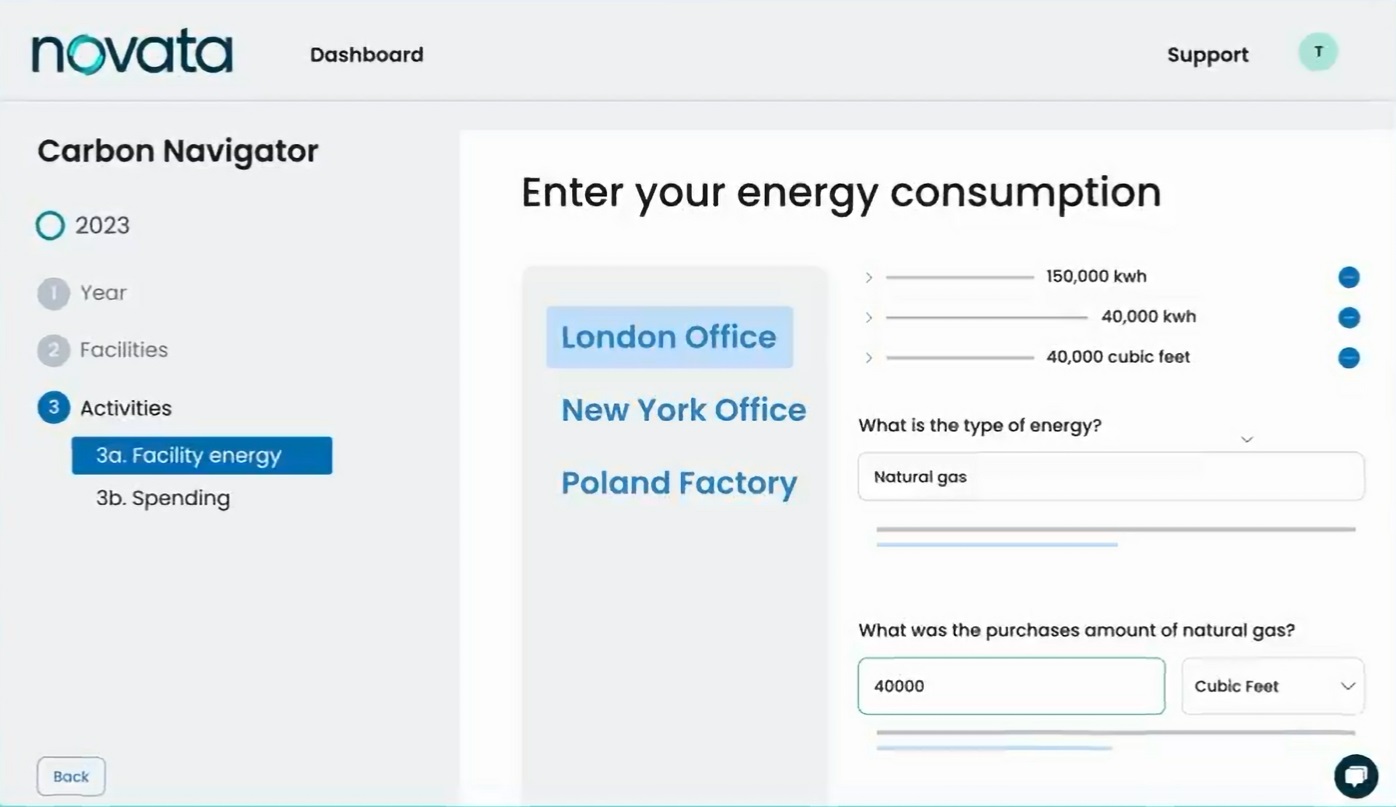Over 90% of Executives Plan to Increase Spending on ESG Data this Year: Bloomberg
More than 90% of executives are expecting to meaningfully increase their spending this year on ESG data, with the vast majority believing that ESG data investment is required to keep pace with competitors or to develop a competitive advantage, according to a new survey by business and financial markets information service provider Bloomberg and capital markets consulting and research firm Adox Research.
For the study, Bloomberg and Adox surveyed over 100 portfolio managers, climate risk executives, and data management executives across North America, Europe, the UK and Asia Pacific.
The survey found that 92% of executives are projecting increasing their spending on ESG data by at least 10% year-over-year, including more than half that expect to increase spending by at least 20%, and 18% who expect ESG data spending to grow by 50% or more this year.
The plans to increase spending comes as most executives view ESG data as a key competitive factor, with 45% of respondents reporting that access to ESG data is “table stakes” to keeping up with competitors’ capabilities, and 44% saying that ESG data is critical to their firms’ competitive differentiation. An additional 10% reported that their organizations use ESG data primarily for regulatory compliance, and only 1% said that ESG data was not very important for their product or marketing strategy.
Interestingly, nearly two thirds (64%) of respondents to the survey reported that they considered themselves to be ahead of their competitors in terms of ESG capabilities, while 28% saw themselves as behind.
Leila Sadiq, Global Head of Enterprise Data Content at Bloomberg, said:
“Once categorized as an alternative data source, ESG data has quickly become integral to the value financial firms deliver to their clients. Executives are making significant strategic investments in ESG data acquisition and management to differentiate themselves and meet client and regulatory demand.”
By category, top priority areas for ESG data spending identified by the survey respondents included ESG benchmarks and indices at 24%, followed by company-reported factors at 19%, and ESG scores at 17%. Data quality was cited as the top ranked criteria for selecting an ESG data provider, followed by breadth of coverage, cost, and ease of integration.
Less than a third (29%) of respondents reported that their organizations utilized a firmwide approach for evaluating and implementing their ESG data needs, while more than half said that they follow a decentralized framework managed by individual business lines, and 18% reported using an ad hoc approach to acquiring and managing ESG data, with no formal process in place.
The survey also examined the challenges the executives faced in managing ESG data, with constantly evolving and new ESG data content cited as the most challenging aspect of their firms’ ESG data management, followed by the management of multiple ESG vendor feeds, and linking ESG content to existing entity or instrument data.
Don Huff, Global Head of Client Services and Operations at Bloomberg Data Management Services, said:
“As this research confirms, our customers are grappling with the challenge of integrating large volumes of ESG data from multiple sources and the lack of consistency between vendors can lead to data quality issues and operational disruptions.”
Gert Raeves, Research Director and Founder of Adox Research, added:
“While firms are planning for ESG data to become a part of mainstream data and research workflows, they realize that the age of ESG data behaving the same as other financial data sets has not yet arrived. In the meantime, they are prioritizing technical scalability and data transparency to make sure analysts, investors, and regulators have the right tools to select, curate, and enrich existing datasets with key ESG attributes.”
Click here to access the survey results.





